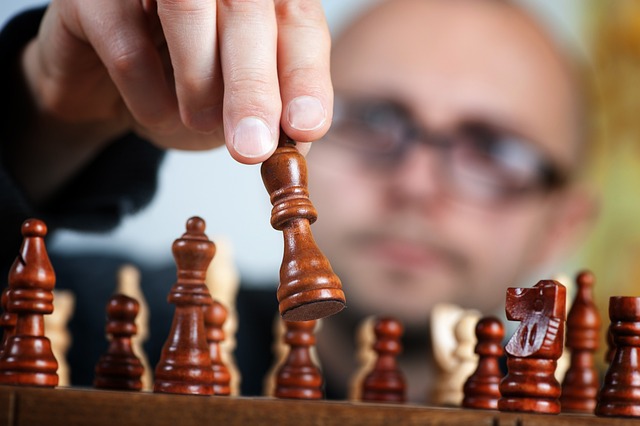Unlocking the Strategic Roles of Gamers in eSports
In the multifaceted world of gaming, especially within the realm of eSports, players are not merely participants; they are tacticians, strategists, and team players. Every game, from first-person shooters to multiplayer online battle arenas, requires distinct strategic roles that contribute to a team’s success. Understanding these roles not only enhances individual gameplay but also fosters camaraderie and teamwork among players.
Think back to your favorite gaming moments. Remember the thrill of executing a perfect strategy with your team, or the excitement of turning the tide of battle with a well-timed move? Such moments are a testament to the strategic roles that gamers embody, often defined by their unique skill sets and play styles. Each gamer brings a distinct flavor to the team, allowing for an intricate dance of strategies to unfold.
The Importance of Team Composition
In eSports, the composition of a team often determines the outcome of a match. Each member must carefully select strategic roles that complement one another. For instance, in games like League of Legends, you wouldn’t want all players to be damage dealers; having tanks and support roles is crucial to creating a balanced team. Understanding the importance of each role accelerates not just your individual growth, but also enhances the overall synergy of the group.
Roles and Responsibilities
The strategic roles every player can adopt include:
- The Shotcaller: This player is the brains behind the operation, directing team movements and strategies with confidence and clarity.
- The Fragging Specialist: Skilled in achieving high kill counts, this gamer thrives in aggressive plays and secures crucial eliminations.
- The Support Player: Often underestimated, this role is vital for keeping teammates alive and providing strategic advantages through utility and healing.
- The Strategist: With a deep understanding of maps and enemy tactics, this player develops long-term strategies that guide the team’s approach to the game.
Adapting to In-Game Challenges
In the fast-paced environment of eSports, adaptability is key. The best players are those who recognize when to shift their strategic roles based on the flow of the game. Flexibility not only highlights the depth of a player’s skill set but also proves invaluable in overcoming obstacles, be it a tough opponent or a strategic misstep.
Communication plays a crucial role in ensuring everyone is aligned and on the same page. Utilizing voice chat or in-game pings to convey strategies and observations keeps the team’s morale high and fosters a sense of unity. This highlights the importance of not just individual gameplay, but the collective effort that makes all the difference in high-stakes matches.
Embracing the Competitive Spirit
As gamers, there’s an intrinsic drive to push ourselves and our teams to explore uncharted territories, master new strategies, and elevate our gameplay. The competitive spirit inherent in eSports provides an excellent platform for honing leadership skills and developing critical thinking. Through competitions, players learn to assess their strengths and weaknesses, refining their tactical approaches to optimize their performance in various strategic roles.
In the world of gaming and eSports, every strategic role is crucial, and the sum of individual contributions leads to remarkable achievements. Whether you’re a seasoned player or just diving into this vibrant community, recognizing your unique contribution can reshape your gaming experience. As you engage with your teammates, remember that each strategic role holds the potential to unlock new levels of success and enjoyment, not just for you but for the entire team.




